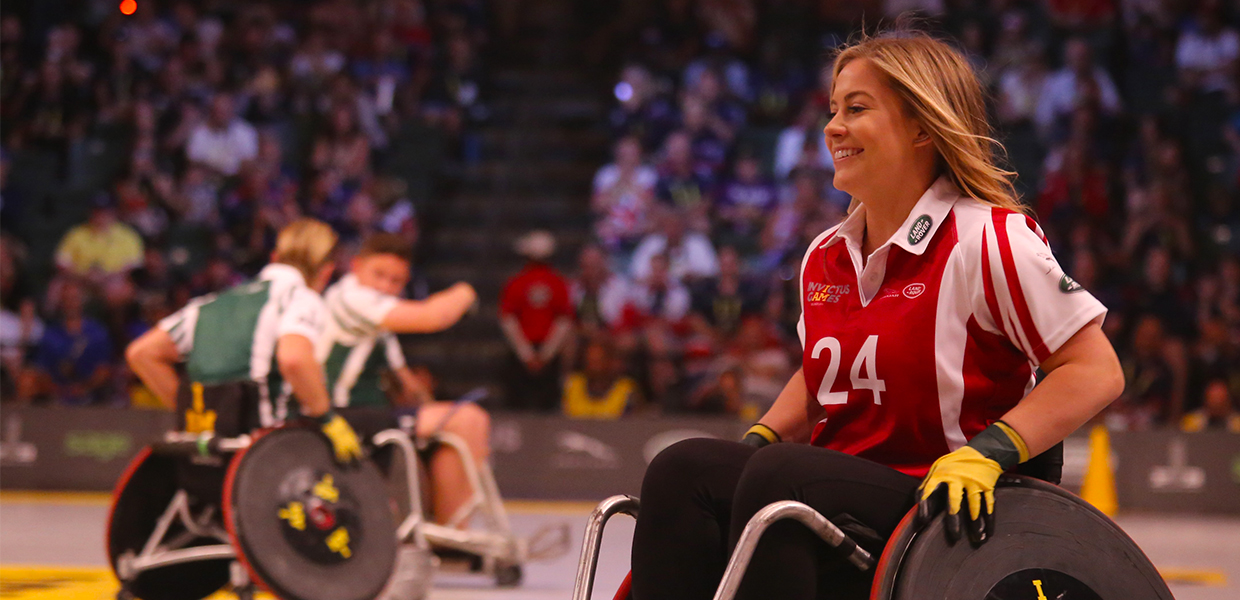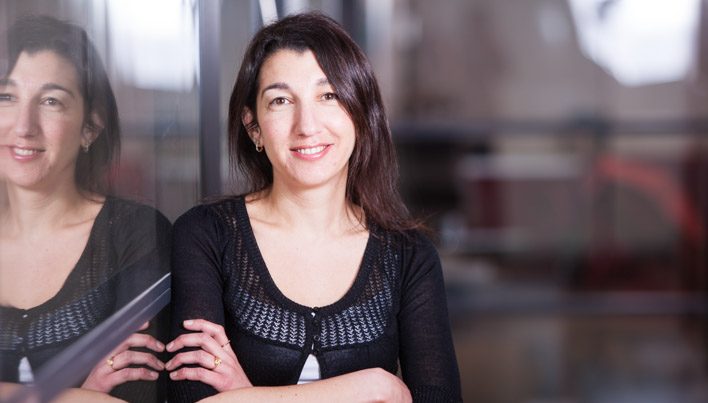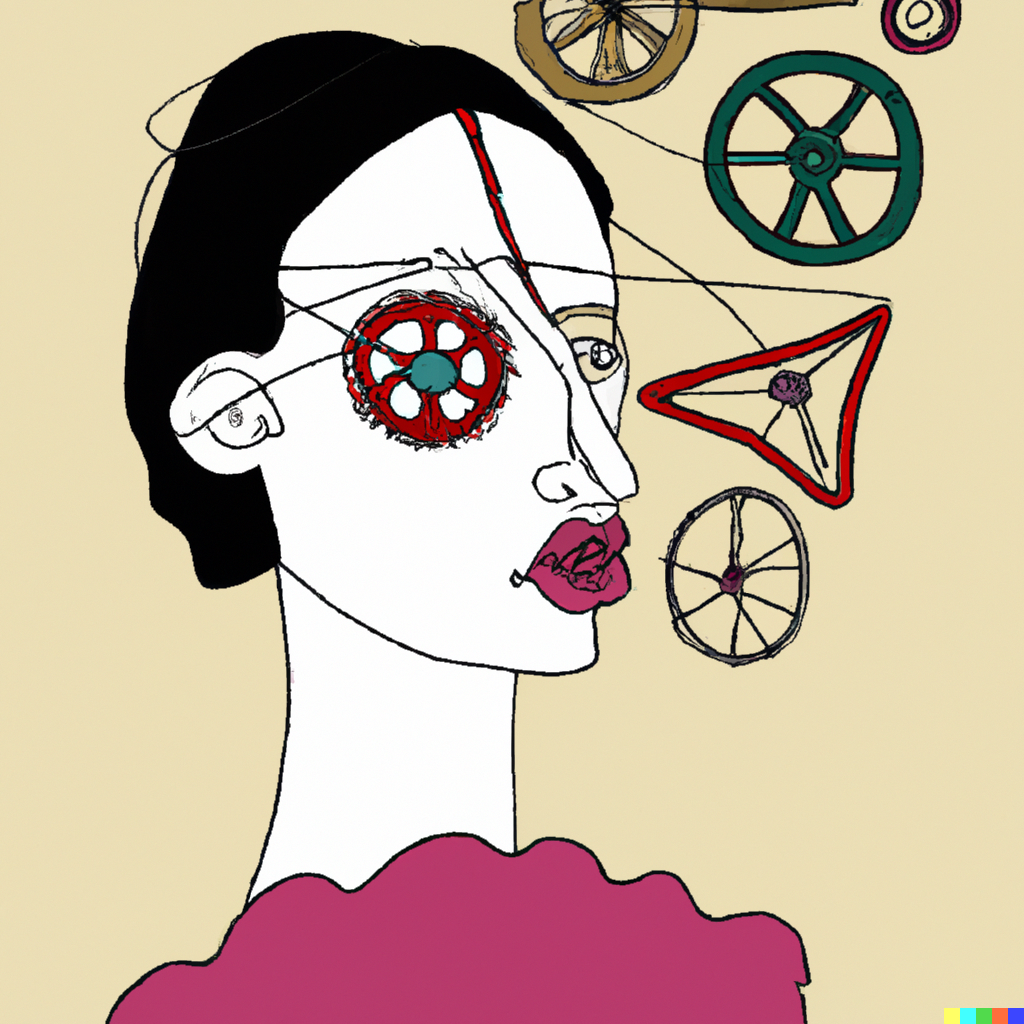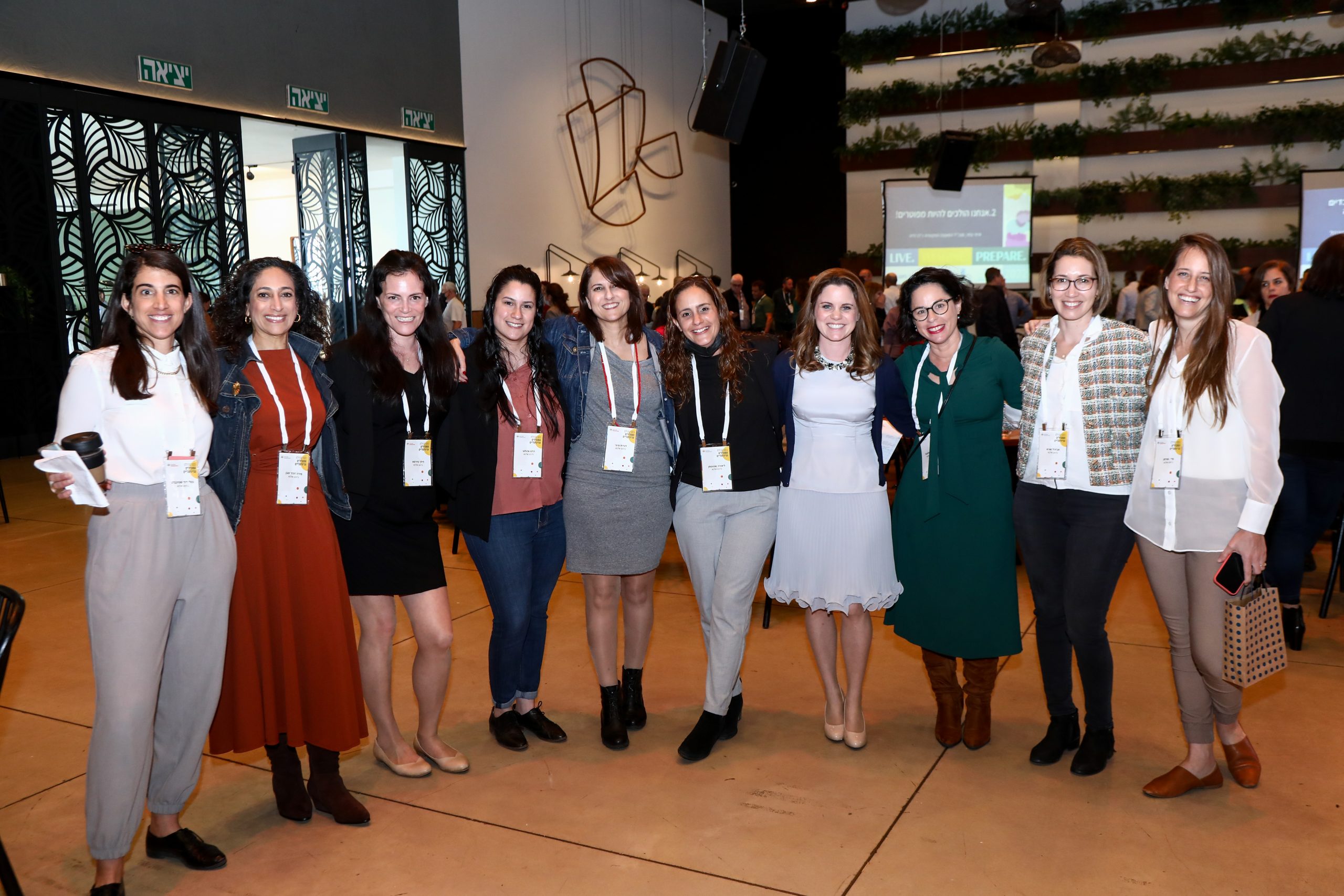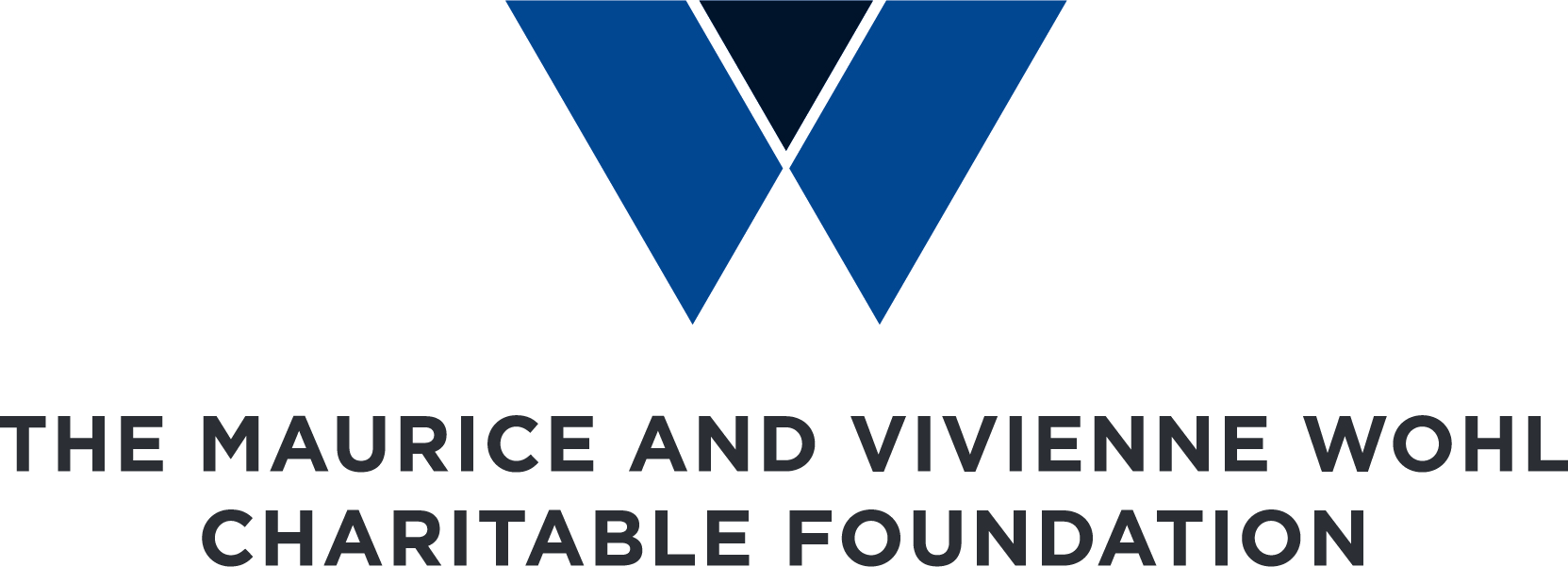Establishing self-identity among youth with disabilities is a great challenge, but doing so clears a path to success.
I sat there thinking to myself that this is perhaps the most important thing I have ever done. I could see the wheels in their heads turning, the pieces of the puzzle connecting, a realization. Yes, they have a disability—but this can also be a source of power.
A group representing the program participants, young people ages 18-21, met with staff to express their point of view and helped us put everything into perspective. When we shared our digital marketing campaign with them and asked for their input on content, we realized that their eyes were glued to the headline: “For Young People with Disabilities.”
“Us? Disabilities? I only have a learning difficulty, I don’t have a disability!” “I would not want to participate in a program for young people with disabilities…”
My colleague and I looked at each other. But … they do have disabilities: They receive special accommodations, they are approved by committees, they are diagnosed with everything that qualifies them for participating in the program.
We proposed discussing this issue at the next session, where they met a representative of the Commission for Equal Rights of Persons with Disabilities as well as a woman who shared how recognizing her own complex learning disability actually empowers her. This enables her to demand and receive whatever she needs to “be like everyone else.”
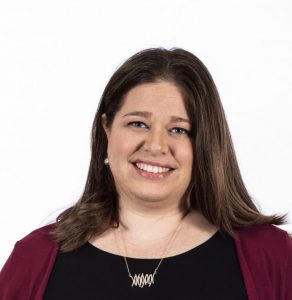
And they connected. They identified. The pieces of the puzzle fit together. They are students, talented young people, friends and citizens making their way into the workforce—and they have a disability. Now they can go out into the world and explain what they need, what they have to give, what they are good at and what they need help with.
Establishing identity is one of the biggest challenges of working with young people with disabilities. They and their parents want them to be “like everyone else,” fighting for inclusion in kindergartens, schools, activities, youth movements, pre-military preparations, the army and higher education. Without recognizing disability as part of a complete identity, it is impossible to take advantage of their rights and pave the way to success.
In another program, we recognized that the staff was afraid to talk to the young people about disabilities; but in a different workshop, where participants shared about their special needs, the group accepted them and the result was an experience of belonging. When they did not disclose their disabilities, they almost always failed to fit in and dropped out.
Not long ago, a friend urged me to contact a certain organization about an issue that I was deliberating. I refused because I did not want this matter to become part of my identity. At that moment, I realized that I was no different than the young people in the circle that day. Our identity is an ongoing challenge and not a task. It is a means, not an end.

